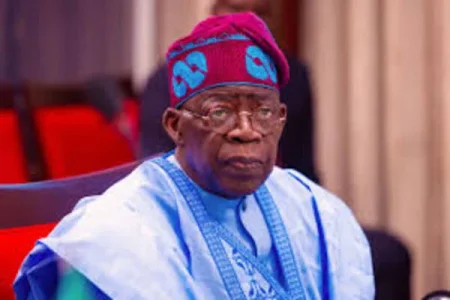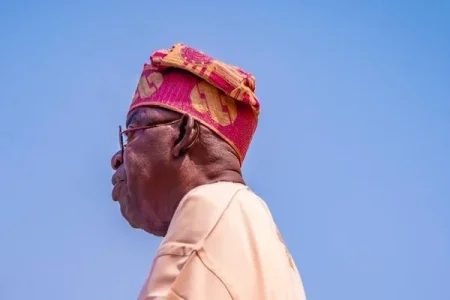
President Bola Tinubu will not intervene in the price dispute between Dangote Petroleum Refinery and NNPC. The downstream petroleum sector remains deregulated, allowing oil marketers to import petrol freely. The government is promoting alternative energy solutions, including converting vehicles to compressed natural gas (CNG) to reduce transportation costs.
The presidency has declared that President Bola Tinubu will not get involved in the dispute between Dangote Petroleum Refinery and the Nigerian National Petroleum Company (NNPC) regarding petrol prices. Bayo Onanuga, the president’s special adviser on information and strategy, clarified that the downstream petroleum sector operates under deregulated conditions.
On September 15, the NNPC commenced the lifting of petrol from Dangote Refinery after extensive negotiations over pricing. The NNPC claimed to have acquired petrol at N898 per litre, but Dangote quickly countered this assertion, branding it as “misleading.” Following this, the NNPC announced a retail price of N950.22 per litre in Lagos, with even higher prices in northern regions, including Borno, where petrol costs reached N1,019.22 per litre.
Onanuga explained that the deregulation allows oil marketers to freely import and sell petrol at competitive rates. He noted, “The PMS regime has been deregulated. Dangote is a private enterprise, and NNPC functions as a limited liability company.” He indicated that the current pricing conflict is an internal matter for both entities, suggesting that consumers could benefit from increased competition if it arises.
Additionally, the government is promoting alternative energy sources, planning to subsidize the conversion of vehicles to compressed natural gas (CNG) engines. This initiative aims to lower transportation costs and support a wider shift in the transportation sector. Onanuga affirmed that the government intends to make the transition to CNG affordable for both commercial transporters and private vehicle owners.


![[PHOTOS/VIDEO] Former President Buhari Laid to Rest in Daura](/data/attachments/218/218947-a494c5db17170998084dc86d95a84e3e.jpg?hash=6fLnqYF83s)
![[Video] Tinubu Receives Buhari’s Remains: Arrival in Nigeria for Burial](/data/attachments/218/218945-37b1938f44a4116ca74bcee08b49d831.jpg?hash=LQBOtEpT5v)
